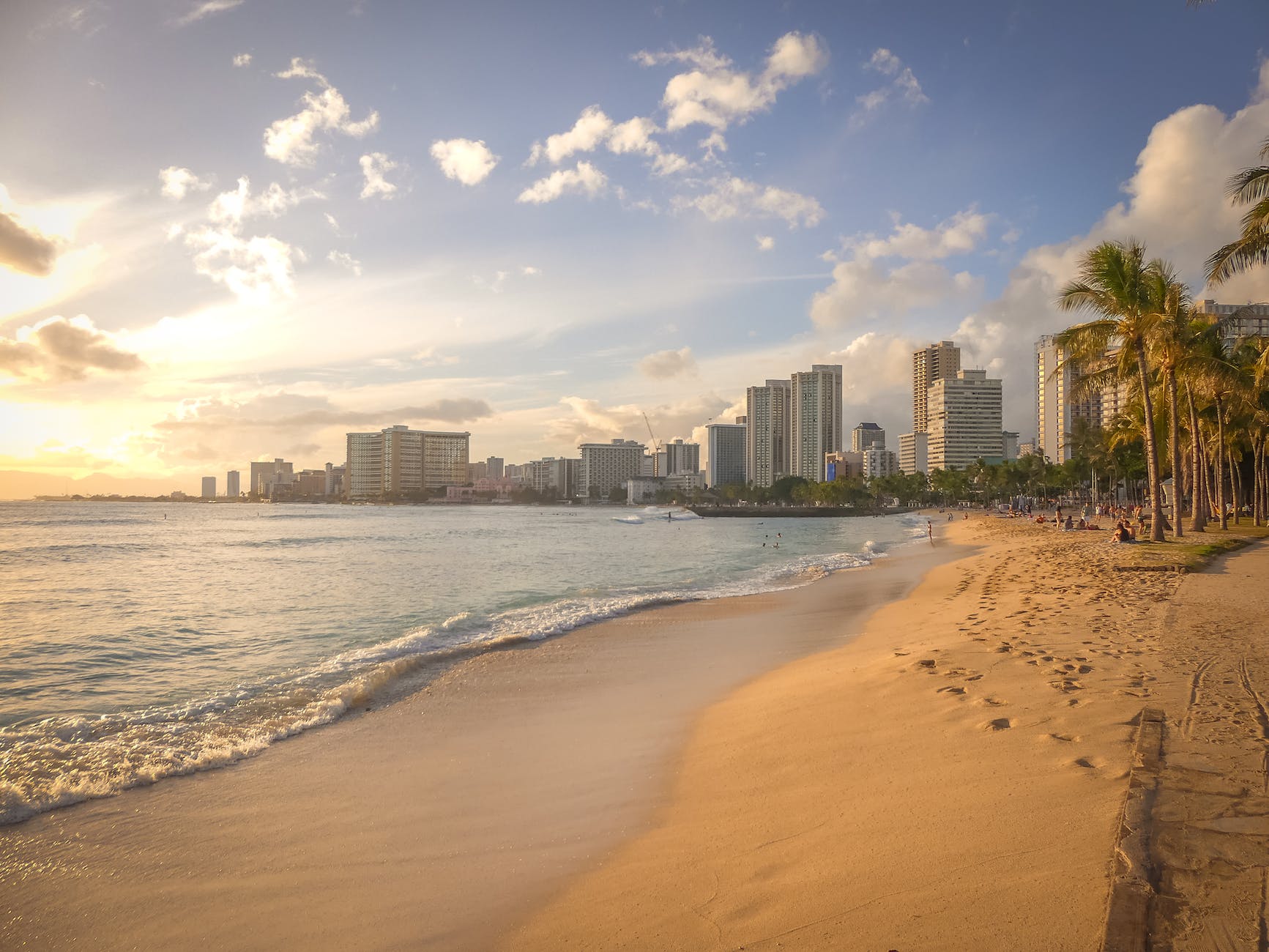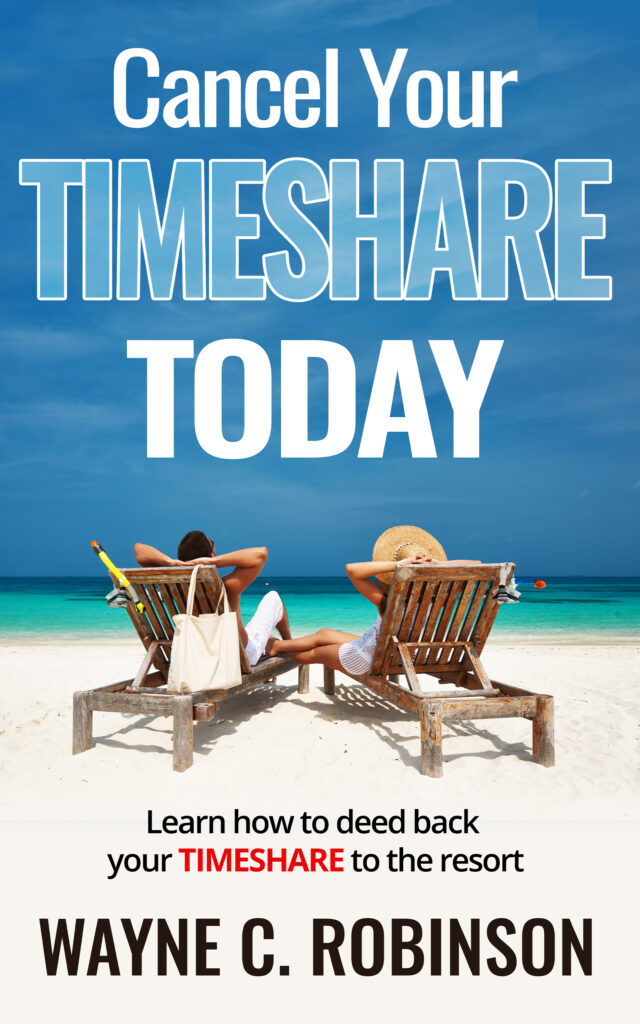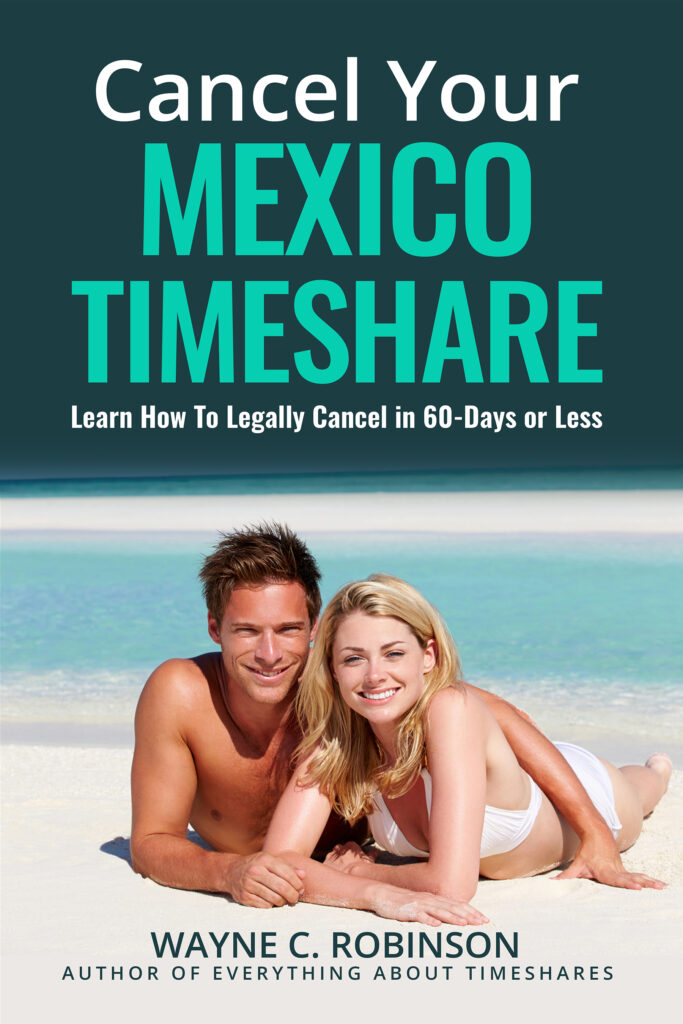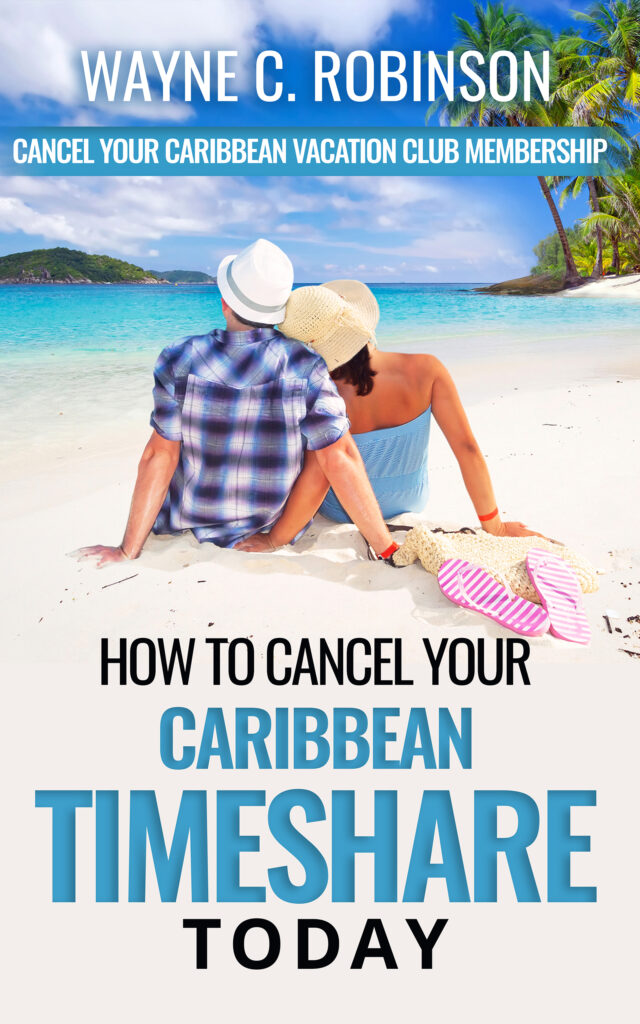
Exchanging a Timeshare
One of the benefits of owning a timeshare is the ability to exchange one timeshare at another resort property in a different location. The attraction is that other resorts have different amenities and even a different size unit in many cases.
If your home resort is in the Ozark Mountains, you can exchange your timeshare for a resort on the Hawaii Islands. This is one of the benefits that timeshare sales reps boast about during the sales presentations. They will romance consumers with beautiful photos of luxury beach resorts, ski chalets, city hotels, cabins in the woods, and other environments where they can exchange their timeshare. This is the advantage of the exchange systems.
Internal Exchange Systems

Photo by Helena Lopes on Pexels.com
Most timeshare resorts offer an exchange network for owners to exchange within their resort network for a different time, unit, or size. This allows the timeshare member greater flexibility.
If the timeshare is deeded, you “own” a specific time, unit, and size, and must contact the resort to exchange unless there is a network amongst the owners to exchange amongst themselves. Some resorts charge a small fee, depending on the terms. This is in contrast to the points buyers.
The advantage of the internal exchange is that owners can travel to other places within the resort’s network. For example, if an owner is deeded in California and the resort has a property in Hawaii, the owner can exchange their week for Hawaii. However, there will usually be an “owner’s update” sales pitch to coerce owners to purchase in Hawaii.
Many timeshare developers also allow their members to exchange their timeshares for hotel stays if the company owns hotels, i.e., Marriott Vacation Club, Hilton Grand Vacations, and Hyatt Vacation Club. For a small fee, they can exchange their deeded, floating, or points ownership for a hotel stay for as little as two nights rather than the entire week.
External Exchange Systems
More often, timeshare owners will join one of the external exchange companies to trade their timeshare for another timeshare somewhere in the world outside of their resort’s network. The two largest timeshare exchange companies in the industry are Resorts Condominium International (RCI) and Interval International (I.I.).
These exchange companies do not own properties. They act as travel agents for the timeshare industry. Members can elect to give up their points or week of timeshare for a timeshare at another location around the world within the exchange network. They can also arrange for other travel-related services such as airfares, cruises, hotel stays, and car rentals.
Each exchange company has its own website where members can view their account information, review the properties within the network, request an exchange, or pick up extra weeks.
The RCI Exchange Company
RCI is by far the oldest and largest exchange company in the world and is the exchange company for more than 6,300 properties in 110 countries around the world.
The company has a slick and easy-to-use website where members can view what is available for exchange or trade. The site features resort photos, full descriptions, and reviews from other RCI members. It also includes tourist activities and places of interest for each destination. Members can view their past and future exchanges, the number of weeks they have deposited, and other information about their accounts.
For a timeshare member to exchange into another property, they must deposit their timeshare week or points with RCI to exchange it for another property within RCI’s network. Usually, but not always, if the member owns a studio unit, they will get another studio, and so on, for a one- or two-bedroom unit. If they are applying points, each resort requires different points depending on the unit size, location, season, and demand.
There are no taxes, service charges, or tourism charges, as you would find with booking many hotels, but RCI charges an annual fee and a fee to deposit the week.
The RCI website is www.rci.com. RCI is owned by Wyndham Hotel Corporation.
The Interval International Exchange Company
Interval International (I.I.) is the second-largest timeshare exchange company in the world and boasts over three thousand properties in seventy-five countries around the world. They are owned by Interval Leisure. Sometimes, RCI and I.I. represent the same developers. Disney Vacation Club Resorts used to be with I.I. but switched to the RCI network.
While working as a timeshare professional, I discovered that Interval International resorts seemed to be of higher quality, not always, but often. For example, they include the Marriott Vacation Club properties that are not with RCI.
Interval International has a program that allows members to see what is available for an exchange before giving up or “depositing” the member’s own timeshare.
The I.I. website is www.intervalworld.com
Location is bull!
It appears that “exchanging” your timeshare for a different location is what most timeshare owners like about owning. This was probably the most attractive feature when I was selling timeshares. Most people wanted to travel to their dream locations at a reduced cost. This is the foundation of the popular rent vs own strategy sales pitch that all timeshare sales teams use. Learning how the system works and how to exchange your timeshare will make the process much easier to navigate.
I have since learned that many of you are not getting to your dream locations. One of the reasons is that where you own has low trading power – regardless of points.
Your (U.S.) contracts should state exactly which property your points are attached to regardless, where you purchased them. Ignore what you have been told, your location has everything to do with trading power.
Years ago, trading power was designated by colors. Now, with points, it is designated by how many points you own. It doesn’t matter. A person who owns 10,000 points in Maui will always get better options than someone who owns 10,000 in the Poconos region of Pennsylvania. Unless, the system has changed since I retired. I doubt it.
Dream Vacations May Not Be Where You Think – Some Suggestions
There are “dream locations” that many of you might not be familiar with or even considered. Most focus on one area in particular. Rather than focus more on where you cannot go, why not focus on where you can go.
Deposit your points/weeks, put in your dates, and see what’s available. You might be surprised.
There is so much unused inventory around the world within the exchange companies (new resorts, adding on units, low season, not so popular destinations, etc.). Much of this inventory ends up as bonus weeks or “last call” weeks. They need to fill those rooms.
For example, rather than trying to get into Hawaii during high season, why not consider Hawaii during other seasons?
I spent a week just outside of Paris during January in a three-bedroom Marriott townhouse. It was one of the best vacations I ever had, and only a 45 minute train ride to Paris. I commuted into Paris with the locals.
So, rather than trying to exchange into Hawaii, why not consider other, not so popular places, i.e. Belize?
I spent a week in Caye Caulker, Belize, a beautiful Island in the middle of nowhere. There were less tourists, it hosts the 2nd largest barrier reef in the world, and is the location for the famous Blue Hole for divers. I swam with a pod of 9- ft nurse sharks. It was great, and much cheaper than Hawaii.
Flexibility and an Open Mind
Also, don’t forget that there are many resorts that you can exchange to within a day’s drive from your home.
I always told my clients that just because they want to take a vacation, it doesn’t always require a trip across the world in a 747. There are many places that you can easily drive to with a tank of gas.
When I worked in the industry, I learned that the exchange companies will do all they can to get you where you want to go, if you are willing to give up more points. Back then, a two-bedroom could exchange for a studio in a high demand location. At least you got there.
Why Many Timeshare Owners Get Frustrated With The Exchange Systems
When consumers attend a timeshare presentation, they are often told that they can go anywhere at any time using one of the exchange companies, RCI (Resorts Condominiums International) or I.I. (Interval International). This is often untrue. Many timeshare owners have successfully exchanged their timeshares through RCI or I.I., allowing them to travel all over the world to their chosen destination. However, this has not always been the case for others.
By using exchange companies, members can leverage their initial expenditure to maximize their vacation dollars. However, like any other economy, supply and demand are paramount. This also applies to the timeshare industry towards exchanging where and when you want.
Neither the timeshare companies nor the exchange companies can guarantee anyone, regardless of where they own and in what season, where and when the member can travel. It all has to do with supply and demand.
Unfortunately, when guests make a timeshare purchase, most do not read the fine print in the exchange company’s application, in part because this information is written on the reverse side of the enrollment form. Also, people are exhausted after the three- to six-hour sales presentation.

Don’t be sidetracked by The Wow Factor When it Comes to Exchanging
During the timeshare presentation, you are told that you can go anywhere, anytime, particularly with the new points system, which offers more flexibility. They wow guests with slick videos and glossy wall photos of families vacationing in some of the most desirable locations around the world. This picture is not always what results for some exchangers.
If you purchased a Hilton Grand Vacations points program, it doesn’t guarantee that you can get into any Hilton Grand Vacations property whenever you want. It depends solely on the availability. This is not something they will reveal to you in the sales presentation. Like any timeshare exchange system, it also depends on supply and demand.
You might have purchased your timeshare in Hawaii, but your deed or ownership may be in Las Vegas, where the exchange power is less. You cannot expect someone who paid a lower cost for a Hilton Grand Vacations property in Las Vegas to have the same trading ability as someone who paid top dollar for a Hilton Grand Vacations property in Hawaii. The timeshare companies will never admit this standard practice.
Supply and Demand is Just Business
The supply and demand scenario is true for both external and internal exchange companies. If you purchased a timeshare in the Pennsylvania Poconos and want to exchange into Paris, the chances are slim to none, simply because there is not enough demand, from a global perspective, for the Pennsylvania Poconos.
Likewise, if you purchased your timeshare in Orlando, which has a high demand, and you want to go to Paris, the chances are also slim because of the oversupply and the competition of other timeshare owners in Orlando. Again, the key to the timeshare economy is supply and demand.
The Truths About Cruise Exchanges
You can exchange your weeks or points for cruises, but you typically pay more using your points than the public pays. Although the exchange companies will allow you to use your points towards a cruise, you must pay additional cash to exercise this option. Do not waste your time—unless you want to throw money away.
Your Best Guide to timesharing...
Unlock the secrets of timesharing! Wayne’s comprehensive guide provides insights to maximize your investment and navigate the system effortlessly.
The U.S. Timeshare Cancellation Course and The Mexico and Caribbean Timeshare Cancellation Course






